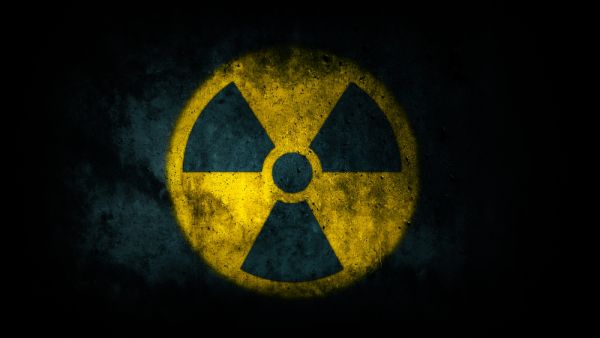Head of the Jordan Atomic Energy Commission (JAEC), Khaled Toukan, said the Jordanian nuclear research and training reactor is a “civilisational” achievement for the Jordanian state in its first centenary, according to remarks made to the Jordan News Agency, Petra, on Saturday.
Toukan said that the progress made in the nuclear field thus far is a “source of pride” for Jordanians, adding that the reactor is referenced in international and scientific forums as an “advanced global” platform for the purposes of scientific research and training, contributing to the development of Jordan in all aspects of knowledge, economy and technology.
Jordan's desert castles, a Lisbon bookseller's secret basement, the Forbidden Zone around the Chernobyl nuclear reactor—the places Atlas Obscura will take you in 2019 are truly some of the world’s most wondrous hidden corners. https://t.co/dM5QCfXQUh
— Atlas Obscura (@atlasobscura) June 28, 2018
Toukan pointed out that the nuclear reactor is considered a “scientific beacon” in keeping up with modern specialised scientific and technological developments, and the Kingdom’s “gateway” to nuclear energy in the contemporary world, especially as it is run by a group of Jordanian scientists, experts and engineers carefully trained in all disciplines and working with efficiency.
The reactor is the basis to harness nuclear energy for peaceful purposes in multiple medical, industrial and research applications, according to Toukan.
JAEC’s media spokesperson Ayman Barakat said that Jordan’s nuclear reactor, designed for peaceful purposes, operates within a five-megawatt operational capacity, but could be increased to 10 megawatts in order to boost its productivity and expand its uses as per market requirements.
The #Jordan Research & Training Nuclear Reactor reached its Full Power of 5 MW at 10:00 am today .. congratulations pic.twitter.com/OxzVmeQGSN
— Mureed Hammad (@mureedhammad) September 15, 2016
The JAEC was keen on integrating the best technology in building the nuclear reactor within a strategy that will extend for several decades, Barakat told Petra.








